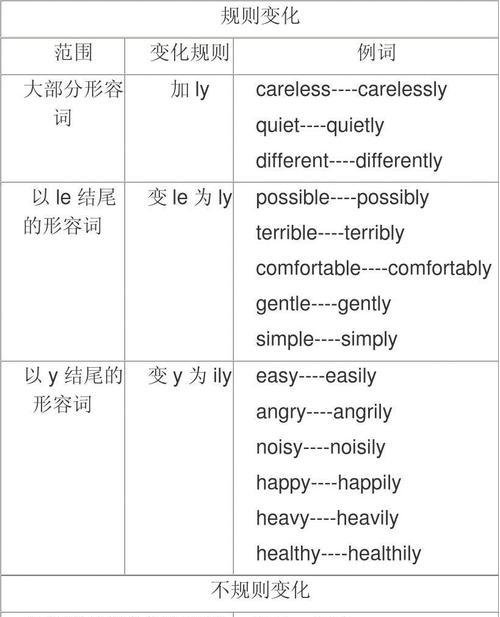英语中的连接副词,如"therefore"、"thus"、"consequently"、"hence"和"as a result",常用于表达因果关系和结果。这些连接副词在写作中正确使用可以使文章更连贯,逻辑更清晰。

1. Therefore
"Therefore" 表示一个前因后果的关系,用来引出一个结论。例如:
- He studied hard for the exam, therefore he got a good grade.
- The company did well in the past year, therefore the employees received a bonus.
2. Thus
"Thus" 和 "therefore" 类似,也表示因果关系,但更强调结果。例如:
- She saved enough money, thus she was able to buy a new car.
- The team worked together, thus they won the championship.
3. Consequently
"Consequently" 用来表达一个结果或者结论,通常出现在一个长篇的段落中。例如:
- The company lost a lot of money last year, consequently they had to lay off some employees.
- The government implemented new policies, consequently the economy improved.
4. Hence
"Hence" 通常用来表达一个逻辑的推断或者结论,有时也可以表达原因。例如:
- The road was blocked, hence we had to take a detour.
- He didn't study for the exam, hence he failed.
5. As a result
"As a result" 用来表达明显的结果或者影响。例如:
- She didn't wear a seatbelt, as a result she was injured in the car accident.
- The company didn't meet the deadline, as a result they lost the contract.
